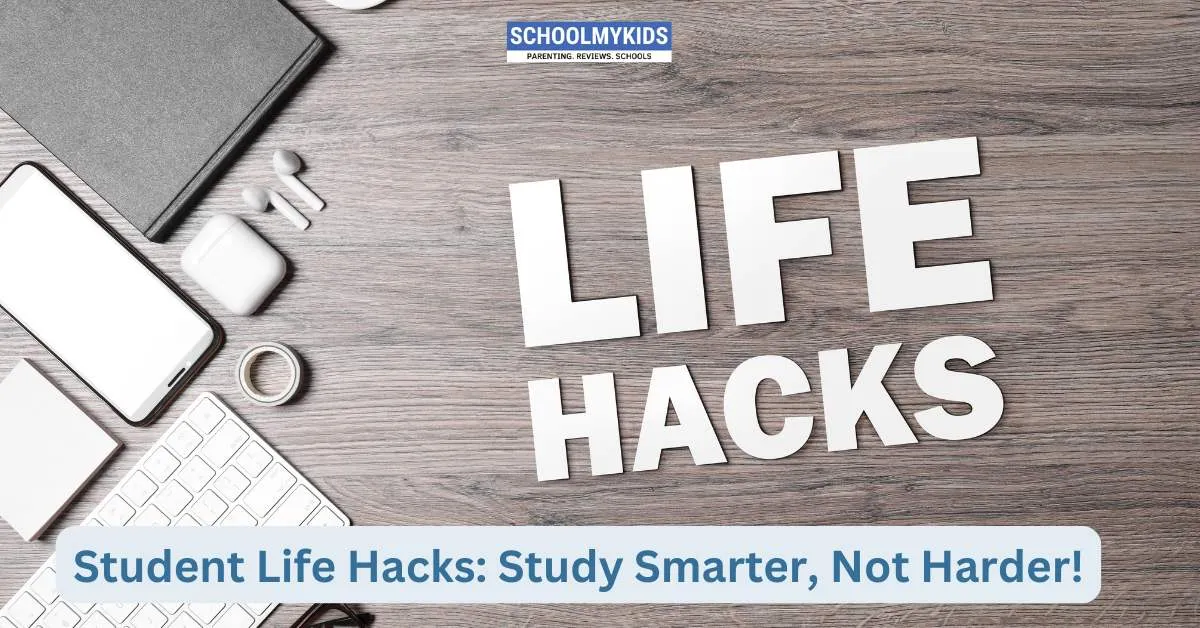Introduction
Studying for hours without a break might look productive, but it often leaves students exhausted and frustrated. The smarter approach isn’t about working harder—it's about working wisely. With the right methods, students can retain more, stress less, and actually enjoy learning.
Why Smarter Studying Works
The brain is most efficient when it works in cycles of deep focus and short rest. Long study sessions lead to diminishing returns, while short, focused bursts with thoughtful repetition improve long-term memory. Efficient study strategies are designed around how the brain naturally works best.
Time Management Techniques That Work
One of the most effective techniques is to break your study time into short, focused sessions, followed by short breaks. This helps prevent mental fatigue and keeps motivation high. Another proven method is to space out your study sessions over several days instead of cramming everything into one evening. Reviewing topics regularly strengthens your memory and builds confidence.
Turn Passive Reading into Active Learning
Instead of just reading your notes, challenge yourself to actively engage with the content. Try to recall key ideas from memory, explain them in your own words, or even teach the concept to a friend. These techniques help your brain process and store information more effectively than silent reading ever could.
Use Visual Tools for Better Understanding
Drawing diagrams or mind maps can help you visualize relationships between concepts. This is especially useful for subjects that involve processes or connections, like science, economics, or history. Making your own charts or summary pages can also boost recall during exams.
Create the Right Study Environment
A clean, quiet, and organized space helps you concentrate better. Remove unnecessary distractions and only keep the materials you need for that session. Some students find soft instrumental music helpful to maintain focus, while others prefer complete silence. Experiment to find what works best for you.
Build Small but Powerful Habits
Review your notes the same day you learn something new. Set specific goals for each study session, like completing a certain number of practice problems or mastering a particular topic. Prioritize sleep, hydration, and healthy snacks to keep your brain fueled. Most importantly, acknowledge your progress. Even small victories like completing a tough chapter deserve recognition.
Conclusion
Smart studying is about quality, not quantity. By adopting efficient strategies, staying organized, and listening to your own rhythm, you can boost your performance without feeling overwhelmed. Studying smarter frees up time for rest, hobbies, and a more balanced school life.









Be the first one to comment on this story.